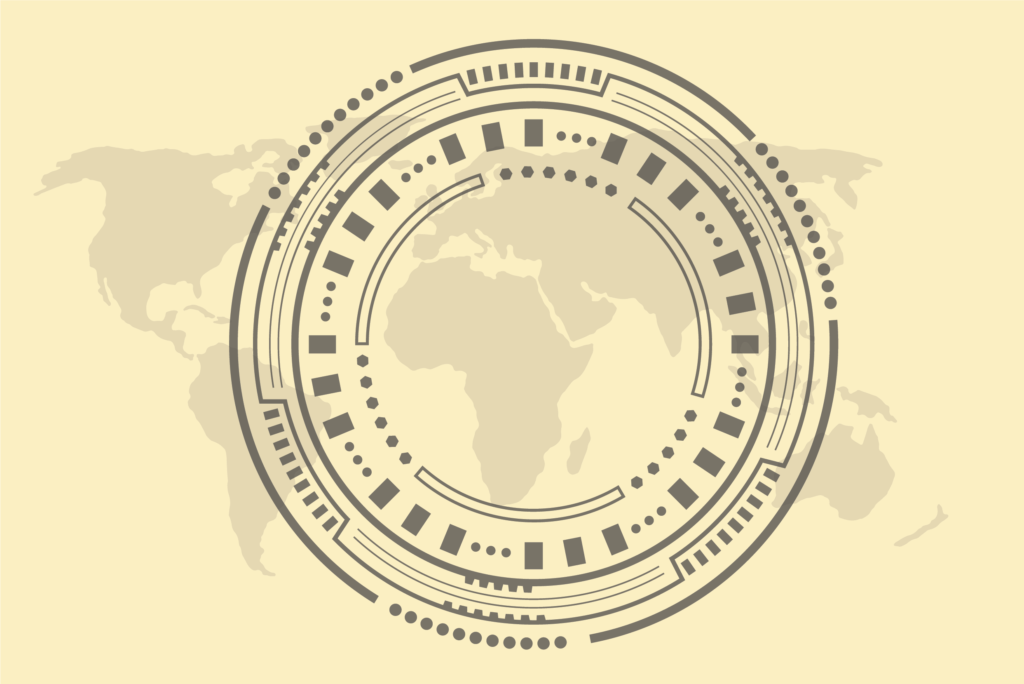Since the stock market turning point in March, the pattern has been the same – technology companies act as locomotives and many companies are traded at a valuation that was not thought possible at the start of the year – and that was before the Corona crisis. To put the price movement into perspective - on August 31, Apple's market capitalization was on track to surpass the entire market capitalization of the Russell 2000 index, which includes 2,000 small-cap US stocks. 18 months earlier, Apple was roughly 30 percent of this value.
August was a good month for the Global Security Fund, which returned 2.3 percent. The dollar weakened by 1.5 percent against the Swedish krona. It is the fifth month in a row that the dollar has traded down against the krona and it is now trading 17 percent lower compared to March.
Currency changes have had a major impact on the fund's return, but from a company perspective, we are happy to note that the majority of the fund's holdings during July and August have reported stronger than expected and overall, future growth looks positive. Textron can be mentioned as an example. The company produces the commercial Cessna and Beechcraft aircraft, and also has a large business in the defense field, which has contributed to mitigating the effects of the COVID crisis. During August, the share was up almost 13 percent after the market had to digest July's report, where the results were not at all as negative as the market expected. CACI, a cyber security player, was the second-best performing stock for the month of August, up 12.7 percent after reporting better-than-expected results for August. Honeywell, the more traditional defense and space company, rose 11.5 percent in August. The company will be included in the Dow Jones index from August 31.
Crowdstrike is still the fund's largest holding and increased by 11.1 percent during August and extended the year's rise to 152.1 percent. When the fund bought into the company in March, at $32.16, we could not imagine that five months later the company's price would be over 230 percent higher. The company has fantastic future prospects and the interest in the share paves the way for further gains, however, we can state that the market volatility for many growth stocks is extreme. Microsoft and NortonLifeLock both increased by 10.3 percent during the month.
There weren't many losers in August, but Huntington Ingalls Industries was the worst-performing stock, falling 12.2 percent after the company reported weaker-than-expected earnings. Defense technology company Flir retreated by 11 percent despite the company reporting significantly stronger results thanks to cost savings. Saab retreated by 7.5 percent after the company increased by 20.9 percent in July. Norway's Kongsberg Gruppen retreated by 5.7 percent, but a stronger Norwegian krone helped reduce the loss. Cyber giant Leidos fell by 4.9 percent.
The huge difference between so-called value and growth stocks is today at a level we last saw during the tech bubble. That growth stocks are priced at increasingly higher levels without substance to the company's underlying value can indicate a bubble, which makes value companies with profitable business models attractive. Companies in the security industry in many cases fit under this value definition and the outlook for the industry looks very good. The majority of the companies the fund has invested in have long government contracts, which creates safe and long-term income. In a worse economy, where, among other things, consumption falls, it is a security to know that the future cash flow is not affected. Our base case is intact. Against the background of the geopolitical situation in the world, investments in global security will continue. Our view is that global security offers a good opportunity for future returns and an excellent diversification when the gap between value and growth is likely to converge going forward.
You can download the report here
